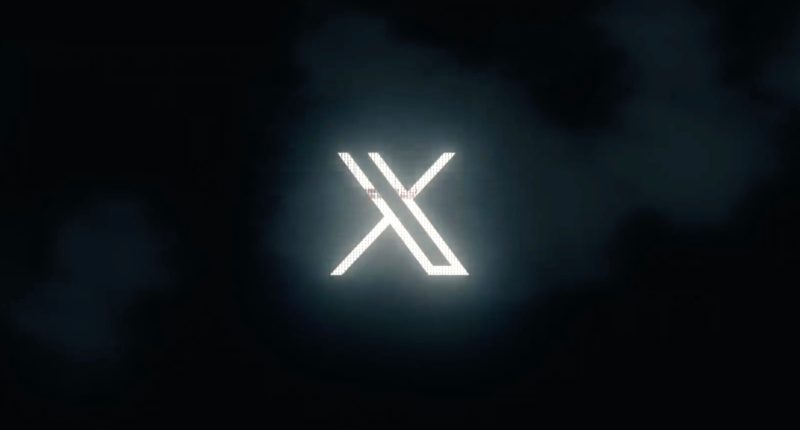For all the talk of Elon Musk being a “free speech absolutist,” he seems to be (once again) engaged in a feud with platforms he actively dislikes. A new Washington Post report, later corroborated by users on Hacker News forum, shows that the erstwhile Twitter deliberately slowed down access from its platform to sites — peculiarly disliked by Musk in the past. This was done by throttling traffic and slowing down the speed it takes while accessing links to websites such as The New York Times, Instagram, Facebook, Bluesky, Threads, Reuters and Substack.
Users experienced a noticeable lag of around five seconds when attempting to access content from these sites through X’s platform. The throttling seemed to be exclusive to websites that have faced public criticism or negative sentiments from Elon Musk. Washington Post was the first to report on the matter.
Since then, however, X – the new name for Twitter – appears to have begun reversing its effort to restrict its users from quickly viewing news site and ceased the slow access, according to a fresh New York Times analysis. So, if you go and click a link shared by The New York Times on X, then it is likely that the page will no longer take a little longer to load than you would have expected.
This comes after it was reported that X finally killed free access to XPro (formerly known as TweetDeck), the popular social media dashboard application for management.
Yoel Roth, X’s former head of trust and safety, took to Bluesky to discuss the issue. “This is one of those things that seems too crazy to be true, even for Twitter, until you see it inexplicably take 5 seconds for Chrome to receive 650 bytes of data,” he wrote. Meta founder and CEO Mark Zuckerberg responded with a thinking face emoji to a Threads post which mentioned the throttling issue. And unsurprisingly, X did not comment on the issue.
Nonetheless, it is still a troubling issue. Musk talked a big game on Twitter not being a forum for free speech before he had acquired it, and had publicly attacked the aforementioned websites in the past. In a nutshell, he timing of the access throttling coincides with Elon Musk’s history of voicing grievances against the targeted websites, especially since the likes of other major news organizations and websites, such as YouTube and Fox News remain unaffected by this new attack.
This suggests a potential correlation between Musk’s personal sentiments and the platform’s actions, something that is contrary to the free speech that should be present on X’s social networking site. By slowing down access to these sites, X may have aimed to discourage users from visiting them, possibly affecting their traffic, user engagement, and ad revenue. After all, delays are known to make users impatient if the content takes a long time to load. It will not be surprising if debates crop up about the role and responsibilities of digital platforms in providing unbiased access to online content, something X definitely did not do with the throttling issue.





